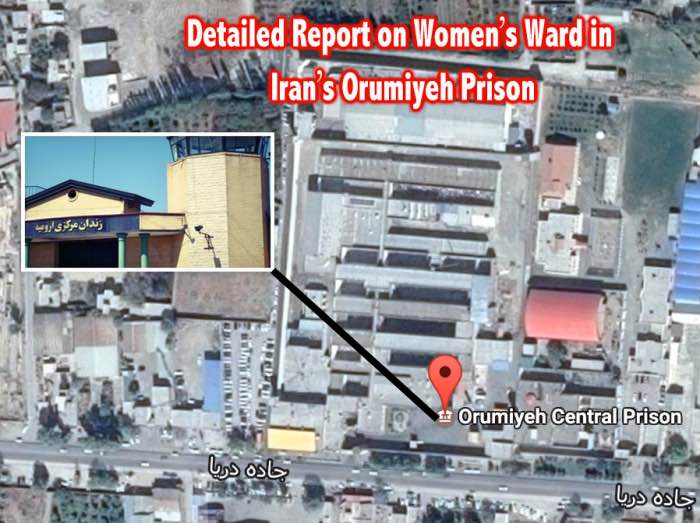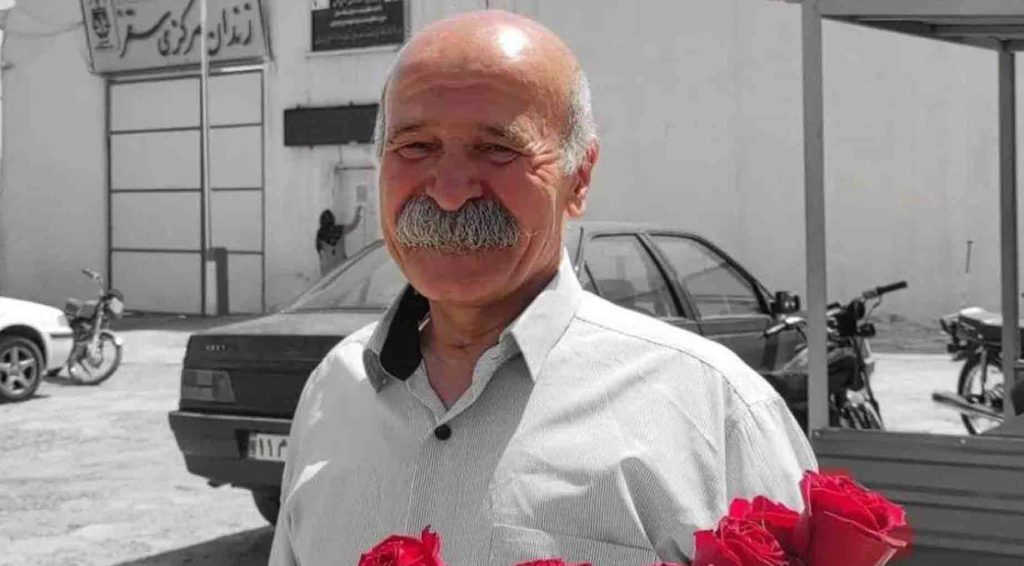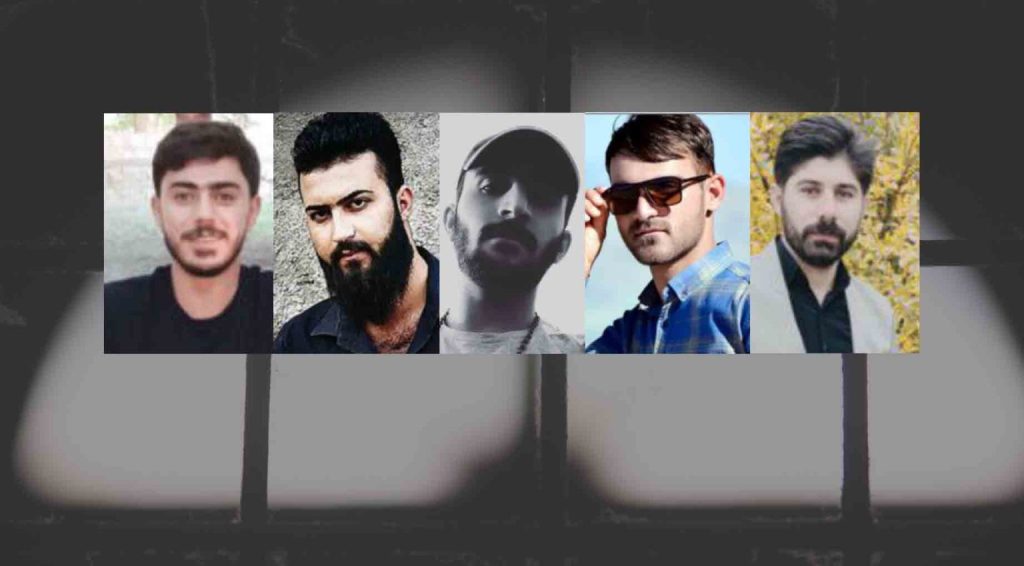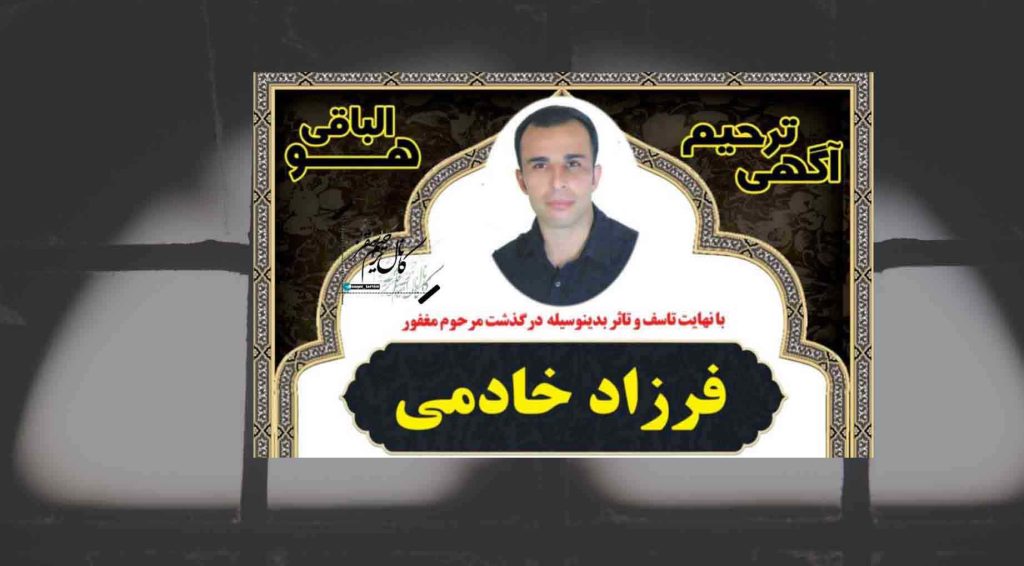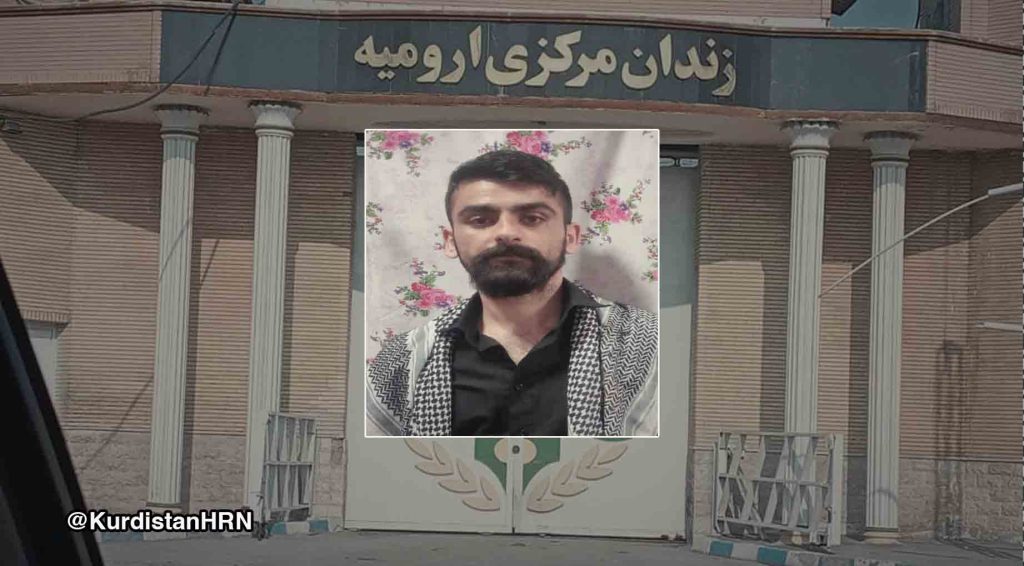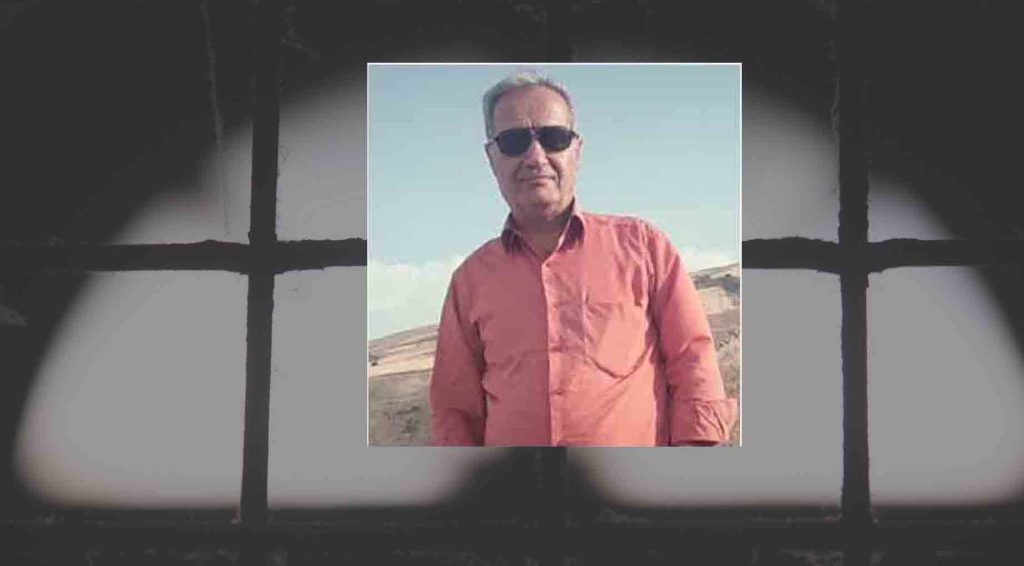Prisoners at the Women’s Ward in Iran’s Orumiyeh Central Prison have described their living conditions as appalling due to lack of adequate facilities and that the conditions have remained unchanged despite prisoners constantly lodging formal complaints.
The Kurdistan Human Rights Network (KHRN) spoke to several prisoners jailed in the women-only ward and they gave the following details on their living condition:
The Women’s Ward in Orumiyeh Central prison has a large hall compartmentally divided into eight rooms. Each room often has 16 beds for 30 prisoners, half of whom sleep on the floor of the rooms or in the corridors because the rooms do not have enough rooms.
Around 200 prisoners are jailed in this ward. There are only five toilets for all these prisoners and two of them cannot be used because were completely broken over the past few months.
There are three bathrooms in this ward but prisoners only have cold water because hot water was suspended to reach bathrooms a few weeks ago.
Unlike other wards, there is no kitchen in the women-only war and the prisoners have to eat the very bad-quality food that the prison provides for them.
Prisoners of the labour ward manage the food and there exist no regulations on the food provided.
The quality of food and ingredients is very low. Most inmates could not afford to buy food from the prison’s shop because the goods are sold for almost double the price of the market and the number of prisoners suffering from food poising has increased.
The prisoners are allowed to visit their family members only once a month for 20 minutes. They also have difficulties to receive goods from their families as the prison authorities ask them to bring a written permission from the head of the prison.
One of the biggest problems in this ward is a lack of access to necessary medical facilities and the have only been permitted access to the medical clinic once a month.
Due to the high number of prisoners and limited resources in the clinic, general practitioners don’t have time to examine patients and keep prescribing painkillers.
The prisoners have access to dentists every 6 months and those who have trouble with their teeth need to wait for several months despite the swelling pain.
There are many prisoners with HIV and hepatitis.
Other specialists attend the clinic once a year and visit the prisoners.
The prisoners with severe diseases are taken to a hospital outside the prison when a prosecutor or head of the prison gives formal authorisation for the medical treatment to be carried out outside the prison.
The prisoners are usually forced to wait several months just to receive the approval.
Meanwhile, prisoners sentenced to death are deprived of any medical treatment in a hospital outside the prison.
Five children live in this ward along with their mothers and they are at risk of a variety of illnesses, including the gastrointestinal and skin diseases due to the overcrowding and poor conditions of the ward.
Most nights some prisoners are unable to sleep because of the children crying.
Majority of the prisoners in this ward were arrested on charges of drug trafficking, adultery, scam, robbery or murder.
Mohabbat Mahmoudi, who served 17 years in prison, is the longest-serving inmate in the ward.
Also in this ward, two prisoners Chenar Salehi and Basna Sadeghi, have been sentenced to death for drug-related offenses.
Seven women prisoners, Arasteh Ranjbar, Nazdar Vatankhah, Tahmine Danesh, Faride Hassanpoor, Shler Khosravi, Zeinab Sekaanvand and Somayeh Ebrahimzadeh, have been sentenced to death for first-degree murder.
The Supreme Court has confirmed their sentences and they are at imminent risk of execution.
Zeynab Sekaanvand was only 17 years of age when her husband was killed. She has allegedly admitted to stabbing him to death.
The sentence has temporarily halted when international human rights organisations demanded that Iran stops her execution, which came after the KHRN released the first report on her condition inside the prison. Nonetheless, she remains to be at imminent risk of execution.
The women prisoners continue to suffer from various physical and psychological problems due to the poor living conditions at the ward.

